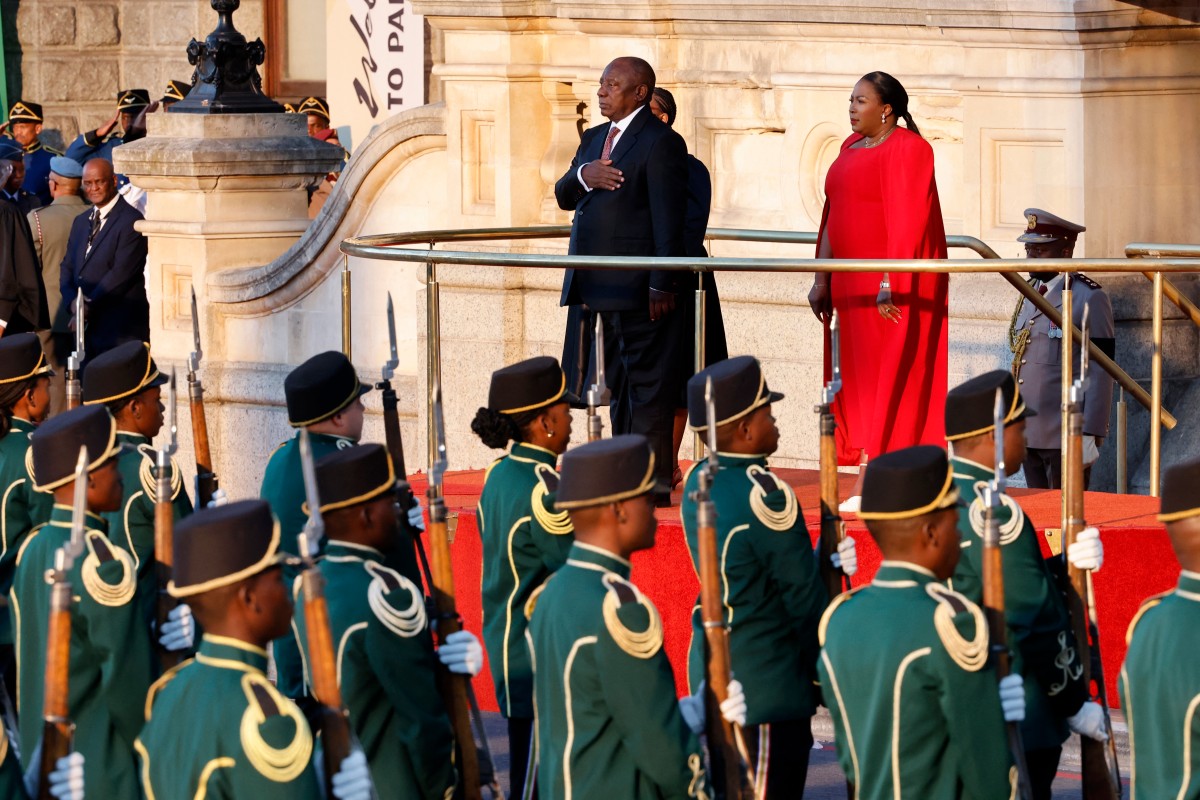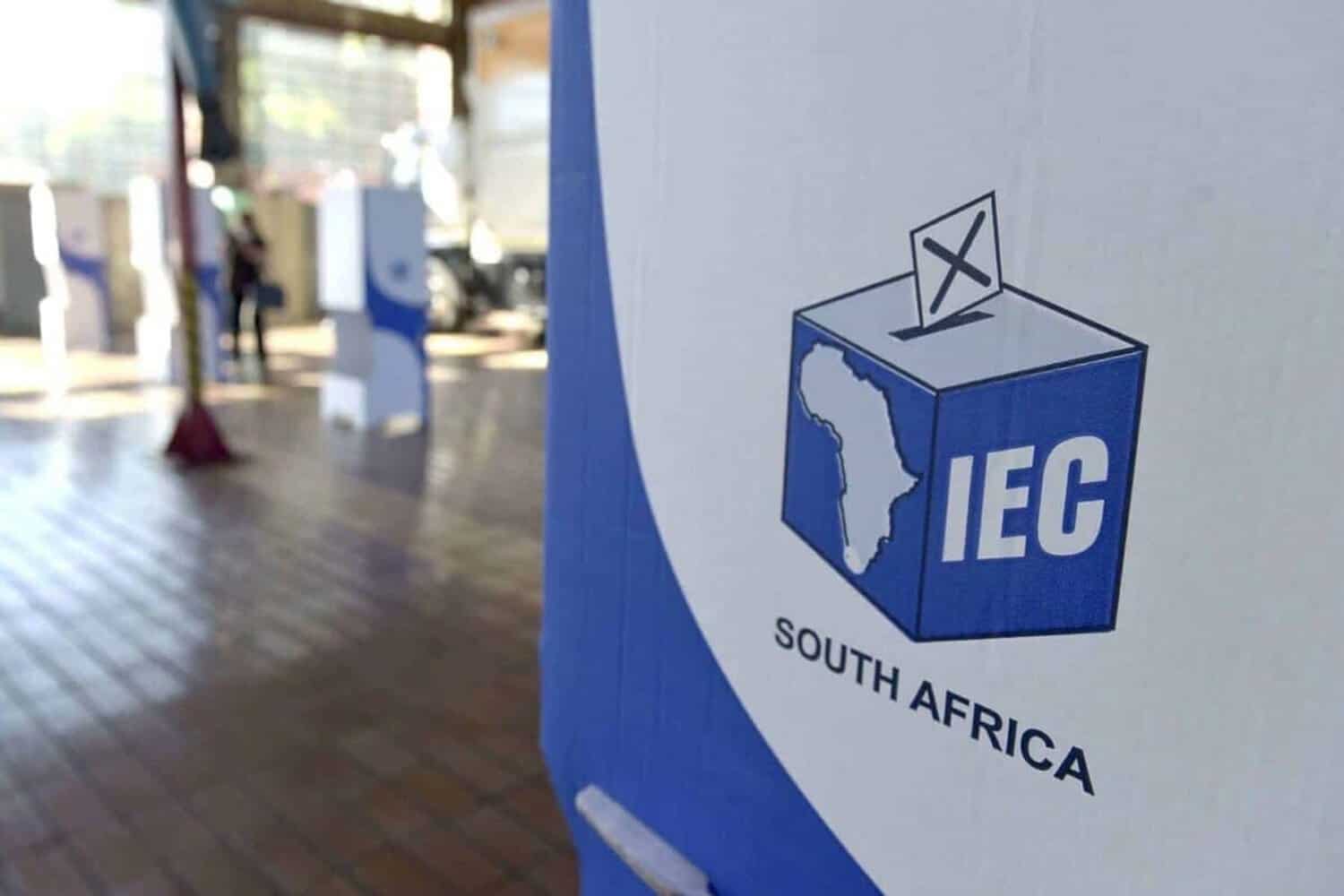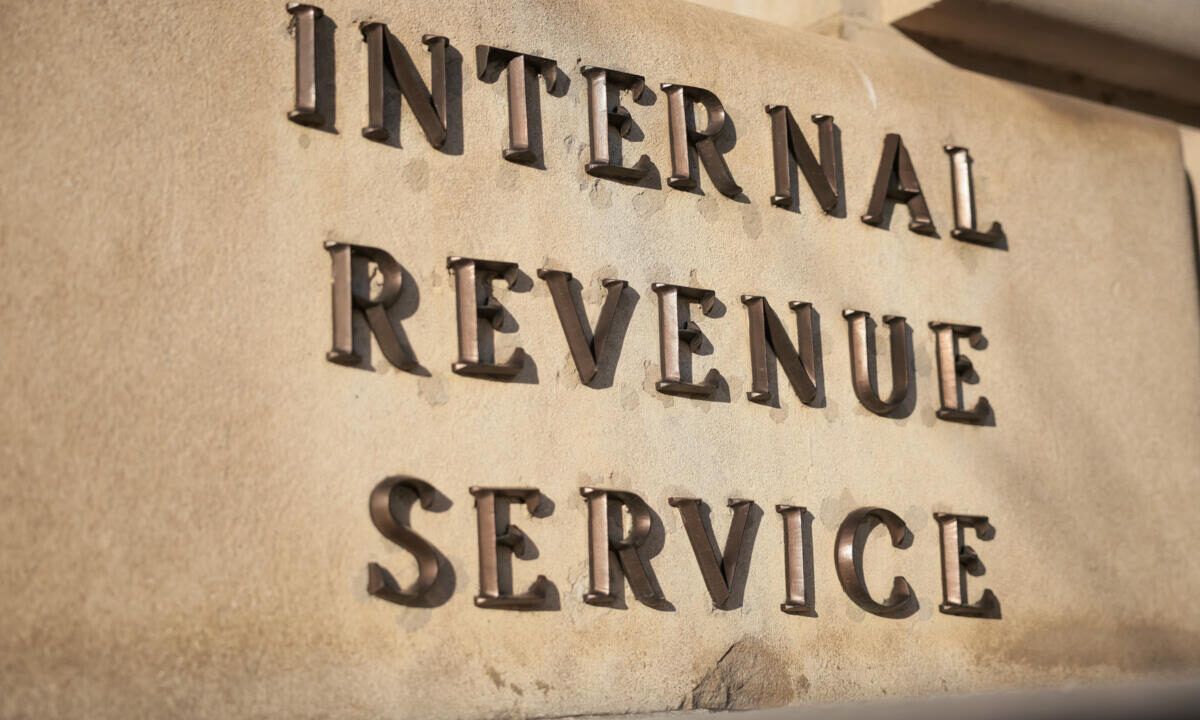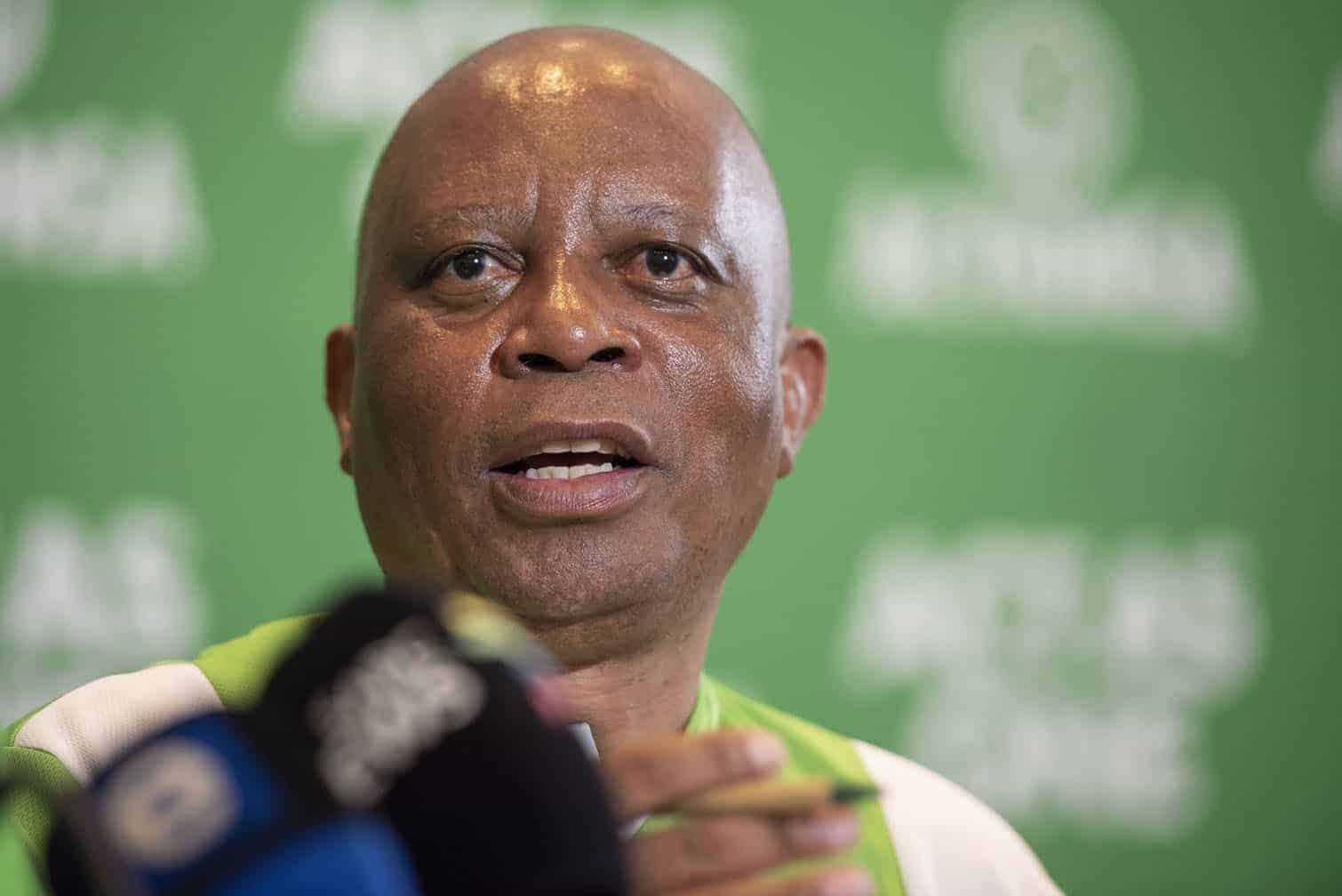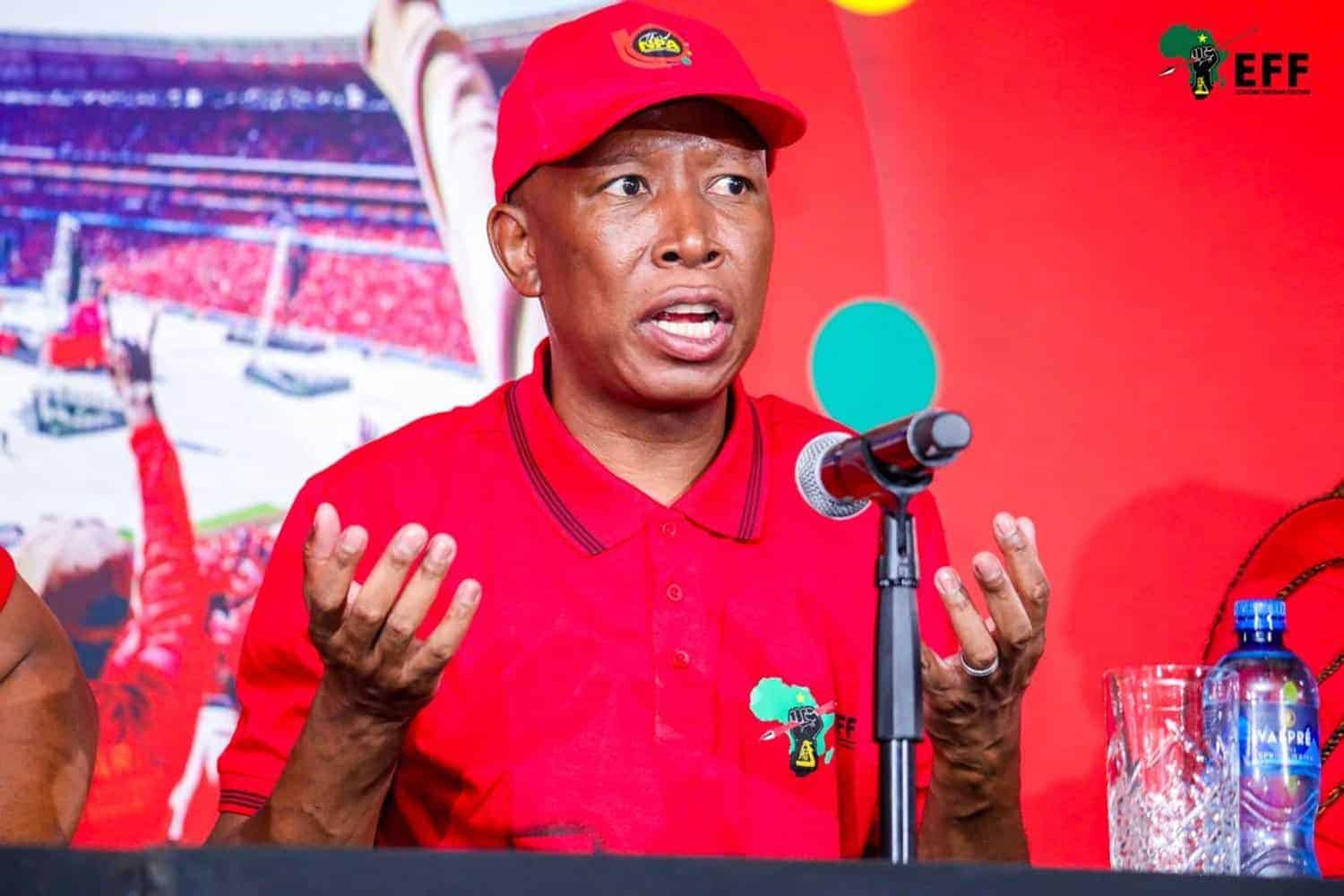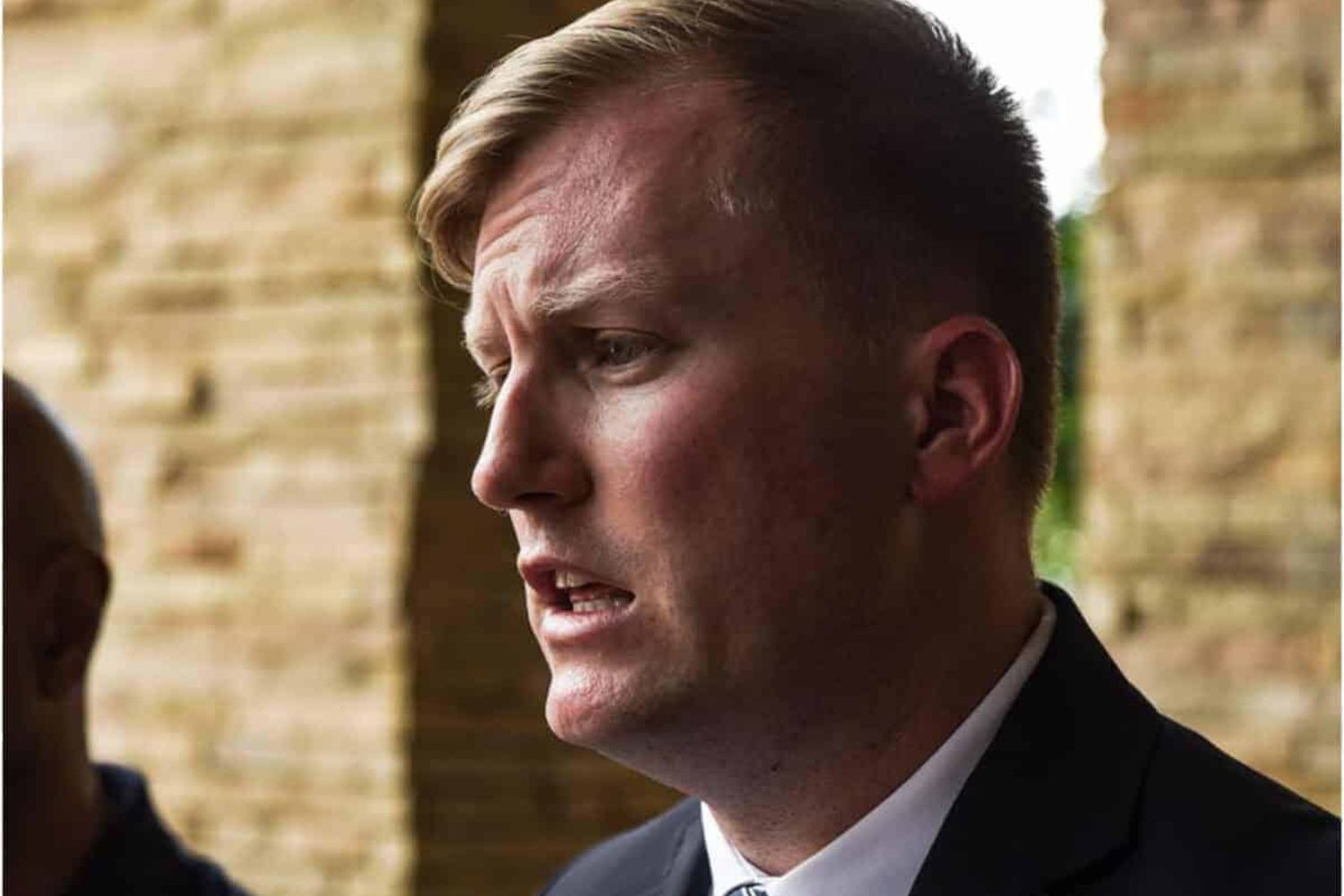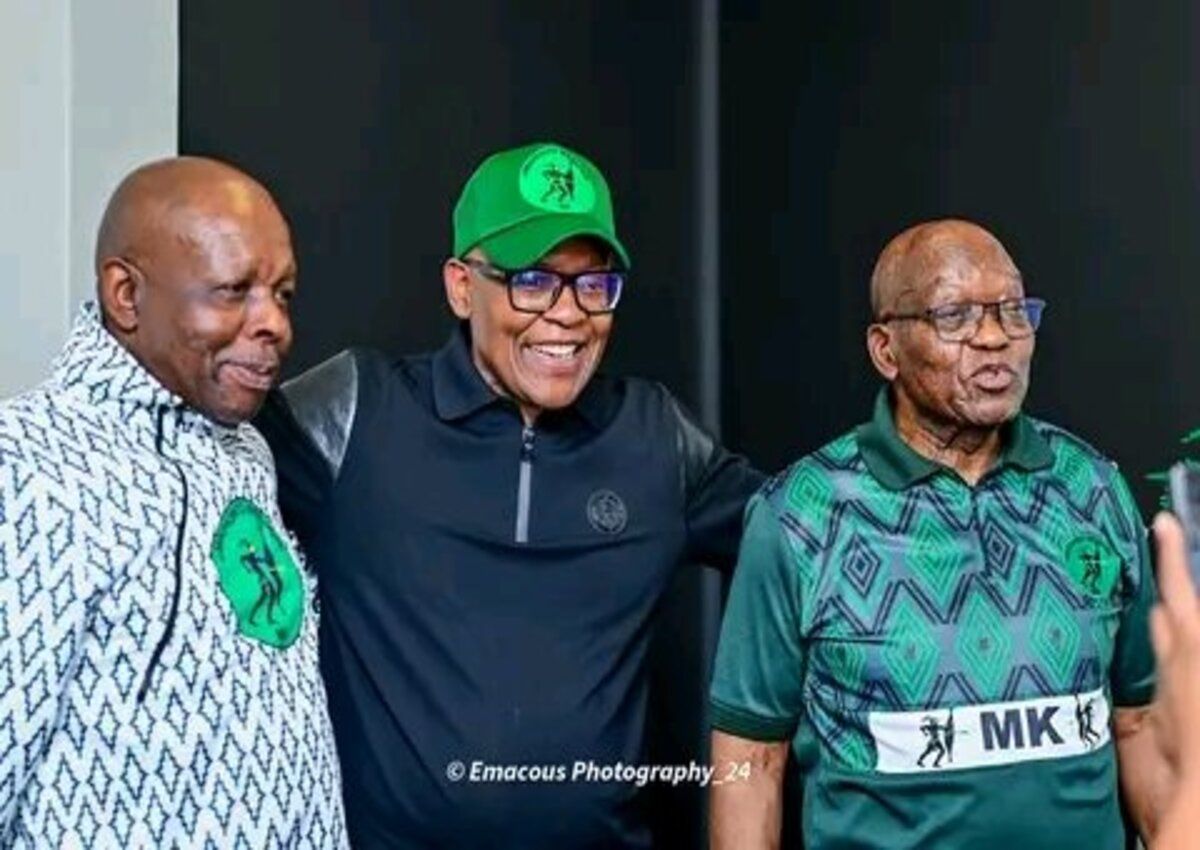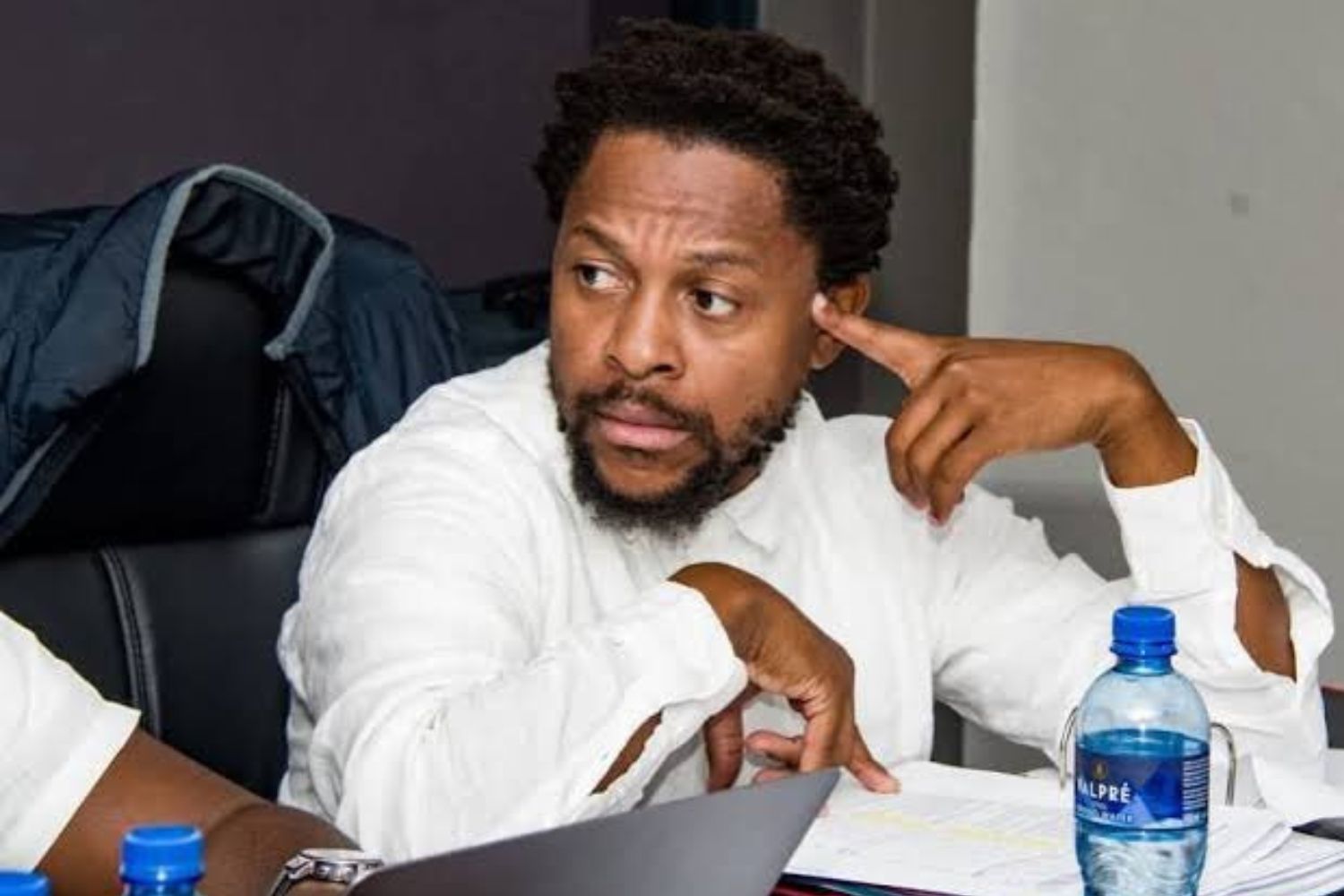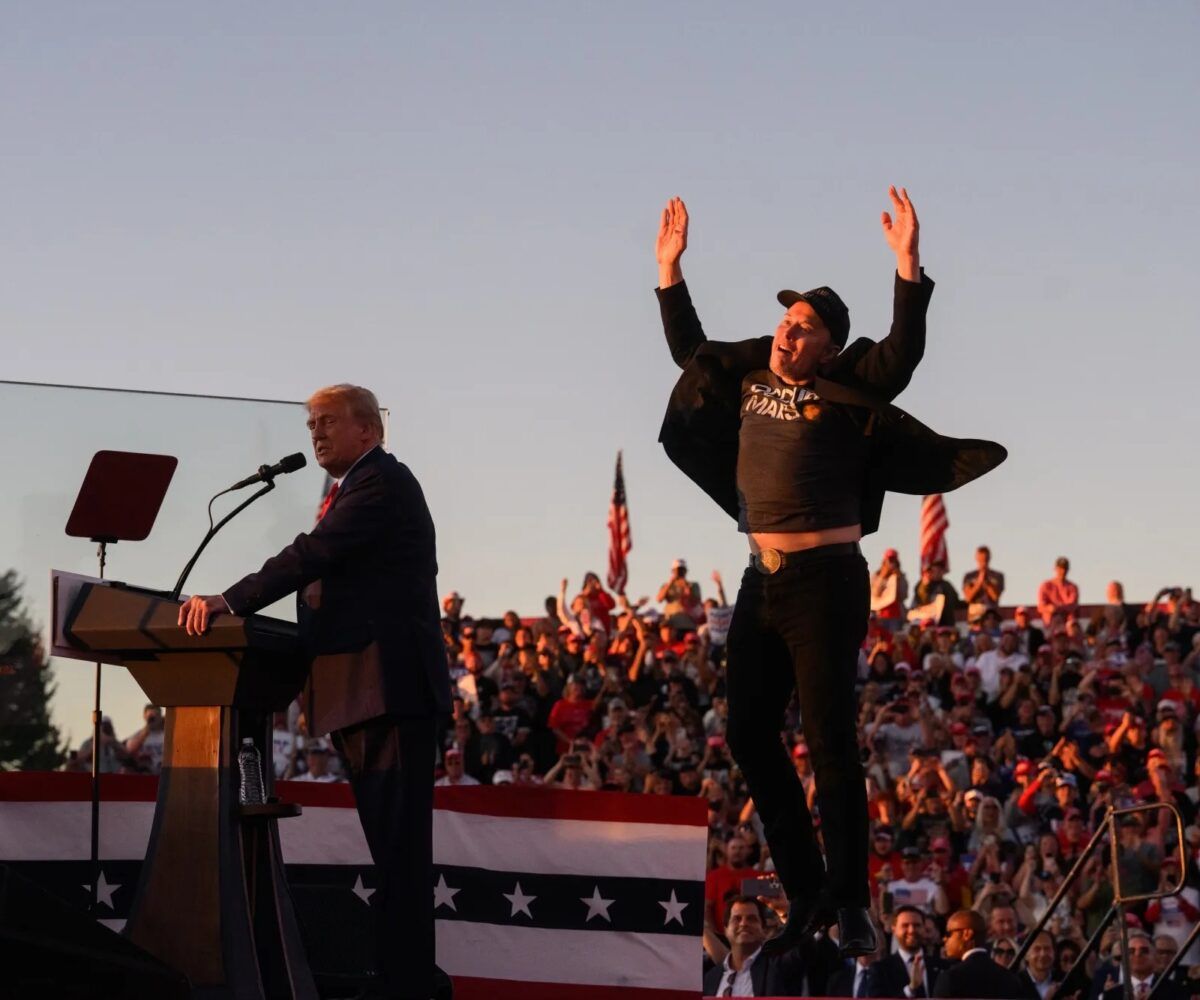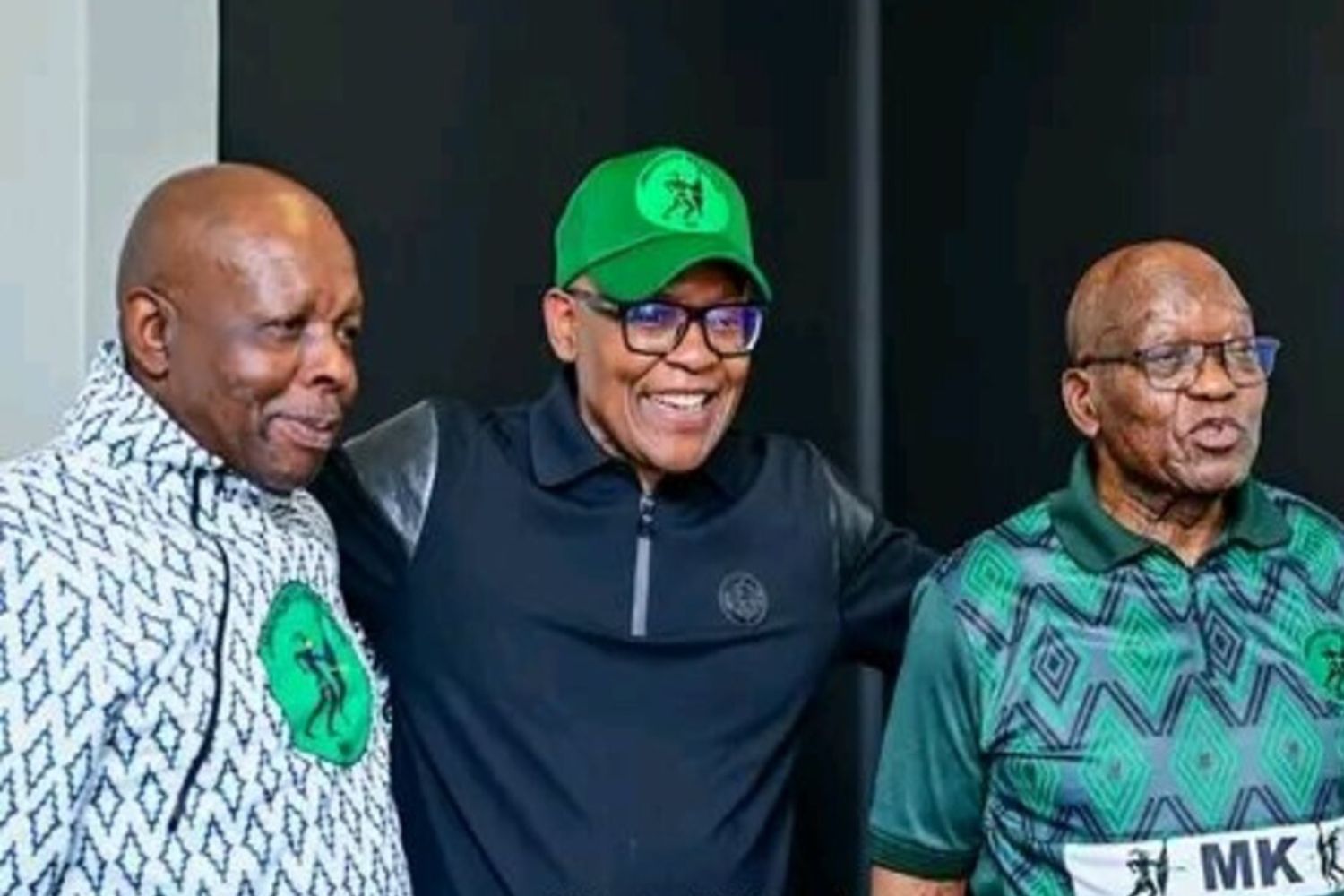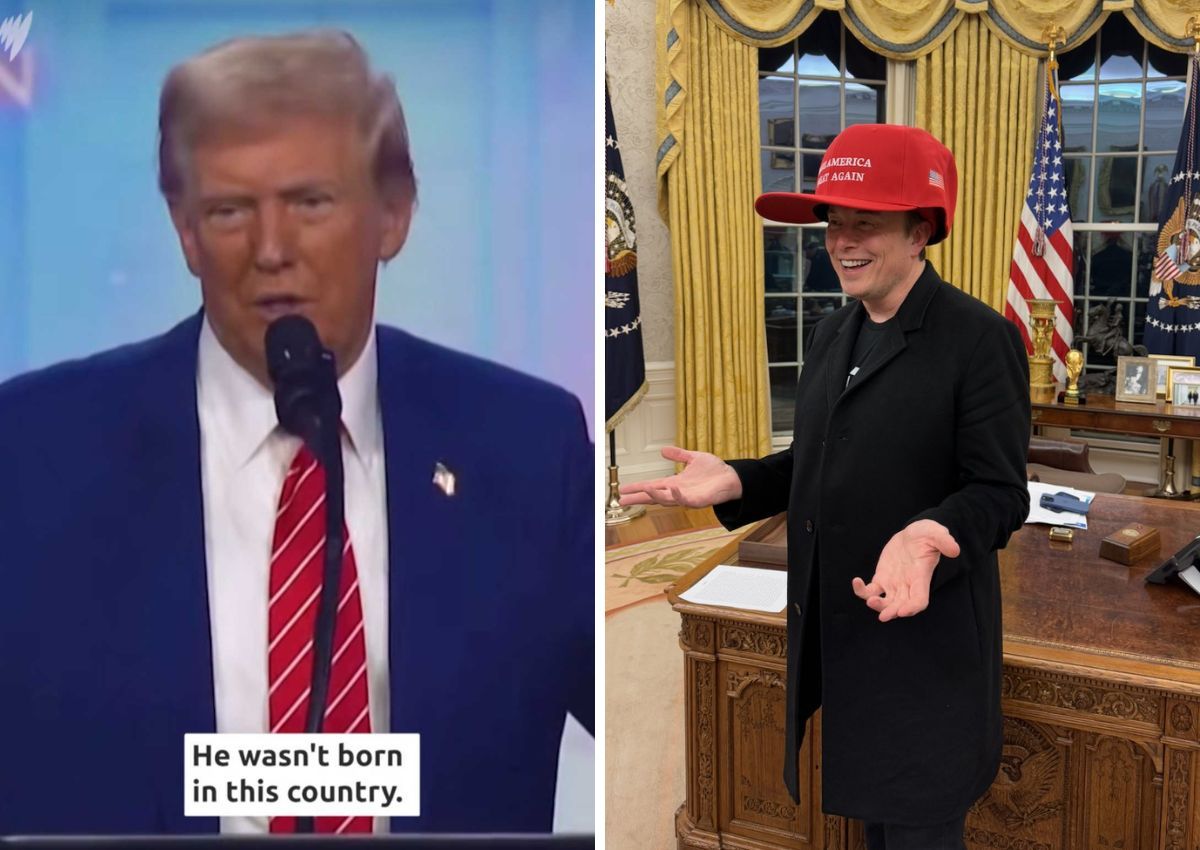President Ramaphosa’s Sona promoted national unity and soft power, but analysts say it lacked details on policy execution and economic recovery.
President Cyril Ramaphosa’s State of the Nation Address (Sona) was generally positive, but analysts felt it lacked policy implementation details.
Ramaphosa delivered his first Sona on Thursday since the ANC lost its absolute majority in the 2024 elections, which prompted the establishment of a multiparty government of national unity.
His address touched on domestic and international issues and asserted South Africa’s determination not to be bullied, a swipe at US President Donald Trump’s criticism of South Africa’s land expropriation legislation.
While one analyst criticised the government of national unity for dragging its feet on policy implementation, another felt his address embodied the principles of soft power against external forces. It also rallied African nations to assert themselves amid interference by external powers.
Sona ‘didn’t push policy envelope’
Political economy analyst Daniel Silke, said the Sona “didn’t push the policy envelope further.
“Its rhetoric sounds impressive, but the track record of failed implementation and state incapacity looms large. Perhaps the GNU partners can hold the president to account for his promises, since his party barely did,” he said.
Once again, Sona was a long policy wish list with expansive performance promises and dramatic expenditure proposals. But the reality check will come in the budget, which will limit the ability of the state.
ALSO READ: Medium-Term Development Plan: No borrowing limit but 3% economic growth
“While it presents a moderate and business-friendly approach, it ideologically recommits to Bela and NHI and allows the ANC to pursue its key agenda,” Silke said.
But Silke praised the president for his offer of some solutions to alleviate the 40% of pupils who drop out of school before matric, or the 50% plus young South Africans who are out of work.
Silke believes the government can still do better under the GNU.
“Since a GNU provides some efficiencies and constitutional protections, this year has to be exceptional to enhance and cement the GNU ahead of divisive local elections and ANC leadership change. Piecemeal success will not be enough,” he said.
Ramaphosa exercised soft power
University of Johannesburg’s Prof George Tsibani said Ramaphosa exercised soft power.
“President Ramaphosa’s Sona embodied the principles of soft power, a concept coined by Joseph Nye in 2017, which emphasises collaboration and mutual understanding over coercion.
“This approach is particularly evident in Ramaphosa’s emphasis on national dialogue and unity, as he seeks to build bridges with opponents, both domestically and internationally,” Tsibani said.
ALSO READ: Water crisis: Ramaphosa to the rescue?
He said in the South African history context, the GNU had begun to play a role in promoting soft power.
“This Sona highlights the government’s commitment to driving inclusive growth, reducing poverty and building a capable state.
“The emphasis on national dialogue and unity is a key aspect of this approach, as it promotes a sense of shared citizenship and collective purpose,” Tsibani said.
The government’s commitment to soft power included rebuilding and rethinking a South Africa beyond the AU’s Agenda 2063 on fostering a culture of innovation and creativity and to drive growth and development.
Prioritising infrastructure development
It prioritised the needs of the most vulnerable members of society and promoted social cohesion.
Ramaphosa also prioritised infrastructure development, especially on critical areas such as transportation systems and employment of AI in development.
He pledged to ensure unleash a programme to support skills training to drive enterprise development and improve the livelihoods of citizens.
NOW READ: Ramaphosa hints again at expanding SRD grant – and will Treasury go ‘BIG’ this time?
